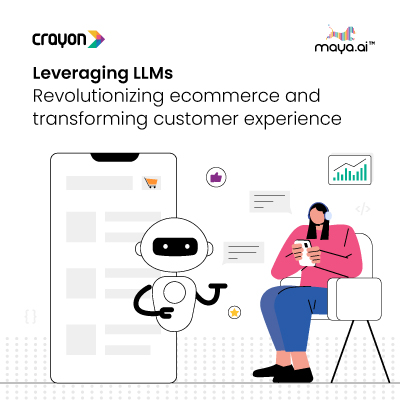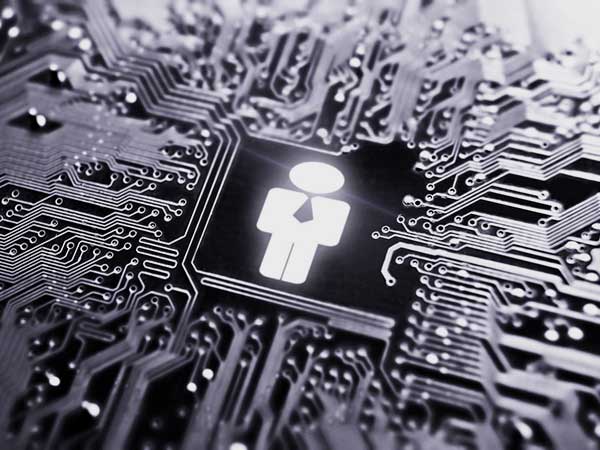Back in 2015, privacy campaigners became aware of a new Wi-Fi-connected toy that raised considerable concern. At issue was Hello Barbie, a doll with speech recognition technology that could hold a two-way conversation with a child.
Parents and others grew concerned when it became clear that children’s conversations would be stored on cloud servers and used in various ways by Mattel, the toy maker. At the time, Forbes reported that the toy’s terms and conditions allowed the sharing of “audio recordings with third party vendors who assist us with speech recognition.”
This system had the potential to reveal and share a child’s innermost thoughts. And it raised a wide range of ethical questions. For example, what is the appropriate response if a child asks “What should I be when I grow up?”
The episode is emblematic of a much bigger question: How should children’s interests be represented in the debate about privacy and big data?
Today, Gabrielle Berman and Kerry Albright from the UNICEF Office of Research in Florence, Italy, argue that children’s rights have been underrepresented in this area. “Due to the potential for severe, long-lasting and differential impacts on children, child rights need to be firmly integrated onto the agendas of global debates about ethics and data science,” they say.
Privacy issues are always complex, but they have greater relevance for children than ever before. Data is being collected and processed on a previously unimaginable scale that is growing at a fantastic rate. “This accumulation implies that more data will be collected on children over their lifetime than ever before,” said Berman and Albright.




















